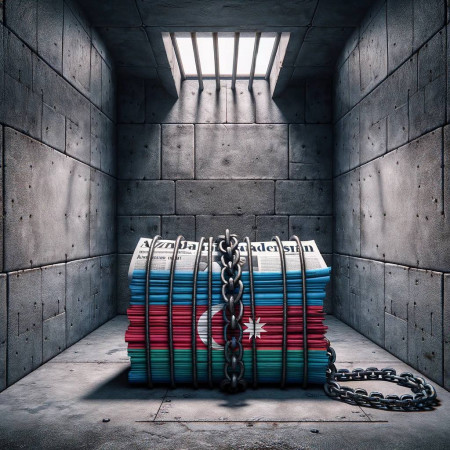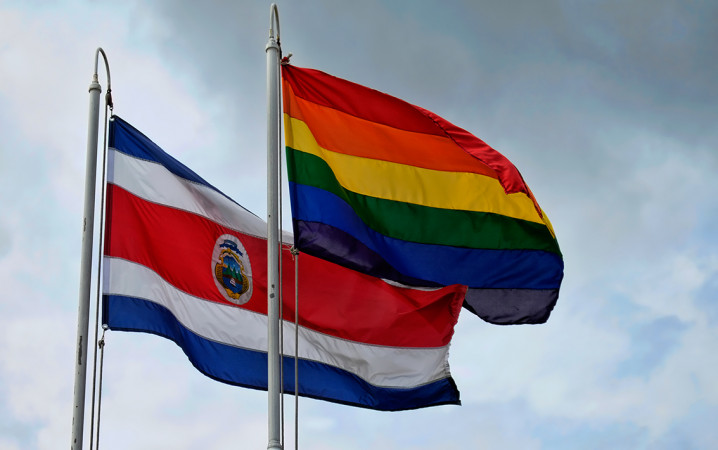LGBTI people left behind - AGENDA 2030
This statement made by Nafas LGBT Azerbaijan Alliance
17/Jul/19
6596
Statement: LGBTI people in Azerbaijan left behind - AGENDA 2030
This statement made by Nafas LGBT Azerbaijan Alliance.
Just recently Azerbaijan presented its Voluntarily National Report on the implementation of SDG 4, 8, 10, 16 and 17.
We welcome the efforts made by Major Groups and other Stakeholders and we do appreciate interventions, especially related to LGBTI issues, however state representative of Azerbaijan left those questions addressed by Women’s Major Group, and Youth and Children Major Group without response.
Azerbaijan was one of the first countries in the region to undertake MAPS mission. We applaud the creation of a strategic roadmap for the social and economic development plan which includes various tasks, such as improvement of the social security and health-care system, improvement of legislation, the development of civil society. Unfortunately, the implementation of those policies is majority-centered rather than [for all]-centered and does not explicitly address the unique needs and challenges faced by LGBTI population.
Agenda 2030 does recognize the vitality of civil society voice, the right to participate in the design, implementation, and evaluation of development activities. It is essential that LGBTI people as others also have equal access to development, and that they are recognized as equal stakeholders, and can actively participate in society, and reach our full potential. However, Article 192 of the Criminal Code of Azerbaijan criminalizes unregistered operations where state able to patronize the civil society spectrum on deciding whether any organization can operate or not.
Access to information is a crucial tool for holding the state accountable and transparent. In January of this year, we appointed a list of questions to 5 ministries that are members of the National Coordination Council for Sustainable Development in order to find out what kind of specific measures were taken in regard to the needs of the LGBTI population. Up today no response was given.
The gap in national data makes it also impossible to tackle the root challenges that contribute to the exclusion of LGBTI people.
Prioritization of economic growth, profit-oriented policies is fundamentally in contradiction with the commitment to equality, reducing inequalities, and achieving inclusion.
State’s development policies will be more effective if they are inclusive for LGBTI people. Elimination of such factors that contribute to exclusion removes barriers to full participation and gives LGBTI people the opportunity to realize their full potential and become a contributor to sustainable growth.
Agenda 2030 is calling. Let us all make sure that no one is left behind.



